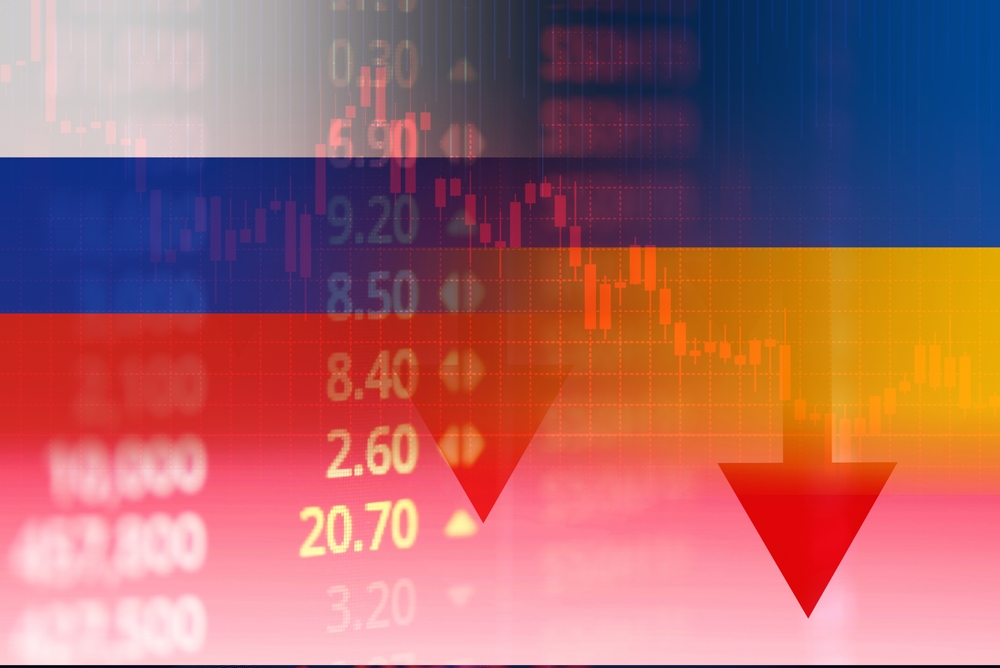Experienced Investor
War sparks biggest flight from equity funds since Brexit vote

March saw record net equity fund outflows of £1.53bn – the largest figure recorded since the Brexit vote.
The latest Fund Flow Index from global fund network, Calastone, revealed that Russia’s invasion of Ukraine prompted the biggest flight from equity funds, just behind the £1.56bn recorded after the UK voted to quit the EU.
Calastone said a sharp increase in sell orders was the main driver of the net outflow figure, coupled with a fall in buy orders.
The value of sells rose by £963m month-on-month, meanwhile buy orders fell by £608m in March.
It noted that net outflows accelerated as the month progressed, peaking at £699m between 21 and 25 March. But the figure tailed off in the final week of March as it appeared Russia was scaling back its military operation in Ukraine.
The recovery in stock markets also helped calm investor nerves.
Drilling down into the data, while almost every geographical category of equity fund saw outflows, global equity funds bore the brunt as investors offloaded a net £992m of their holdings.
UK-focused equity funds have suffered net outflows for a record 22 consecutive months, but the value of capital withdrawn in March fell to its lowest level in seven months.
At the other end of the scale, ESG equity funds defied the trend as investors piled £136m of inflows into this category. But this was the lowest amount since the boom in ESG took off just over two years ago. Comparative data reveals average monthly ESG inflows of £798 over the last 12 months.
While investors tend to turn to fixed income funds during bouts of volatility, “they also had a bad month”, Calastone noted.
It said the inflation shock associated with war-fuelled energy prices has compounded inflationary pressures already affecting the whole world “making investors wary of fixed income funds”.
Net outflows in March were £274m, less than in February, but only the second month since the pandemic began that bond funds have suffered a net withdrawal of cash.
Real estate funds also suffered net outflows, but mixed asset fund inflows were in line with the long-run average.
‘Regain in losses not enough to reassure UK fund investors’
Edward Glyn, head of global markets at Calastone said: “The world’s major stock markets were very volatile in March, but they have mostly regained the losses they sustained when Russia attacked Ukraine on 24th February. This has not been enough to reassure UK fund investors.
“Global risks are rising – growth prospects have deteriorated, and a recession is now a possibility in many developed countries. Inflation is taking hold, living standards are being squeezed and government budgets are also under pressure. Against this backdrop, it’s easy to see why March saw the largest net outflows from equity funds in almost six years and why bond funds are out of favour too.
“Market timing is a dangerous game, however. The recovery in share prices suggests the redemptions from funds were poorly timed, though the biggest outflows came after stock prices had recovered the worst of their losses.”
He added: “Oil and commodity prices soared in the wake of Russia’s attack on its neighbour and this has benefitted the very large oil and mining companies listed in London. What’s more, the UK stock market has lagged well behind its peers in recent years, so investors looking to take profits from their equity holdings have found better opportunities to do so elsewhere. UK-focused funds still did not escape outflows during the month, however, reflecting continuing investor disenchantment with the asset class.”